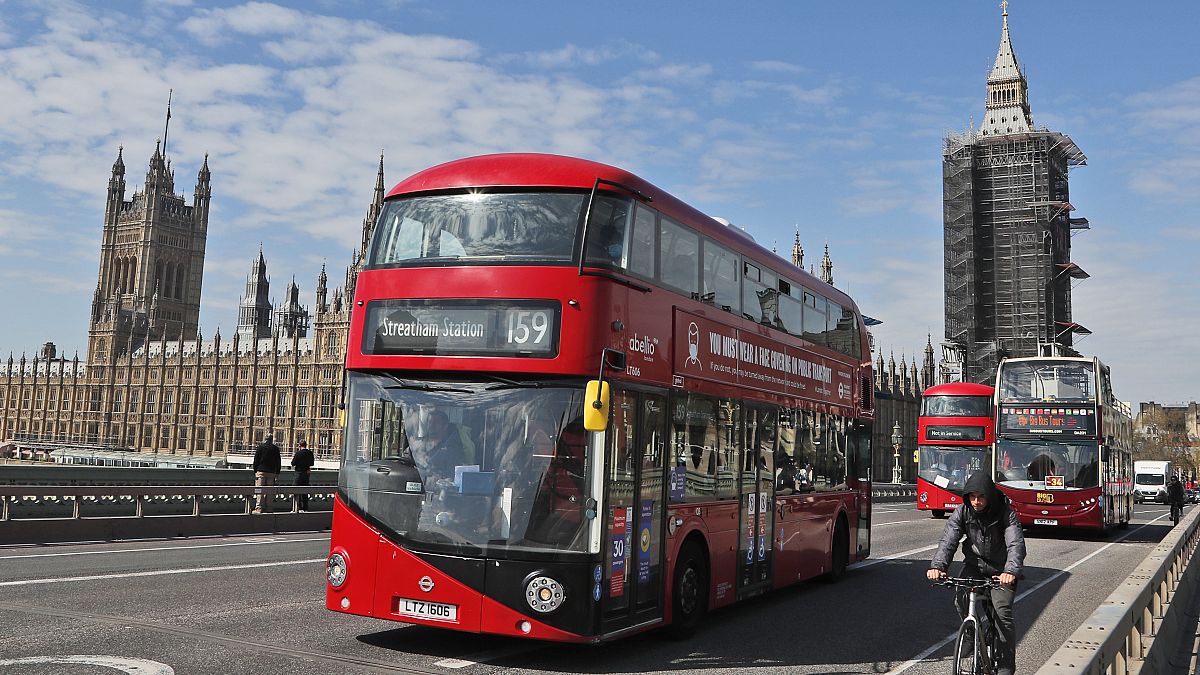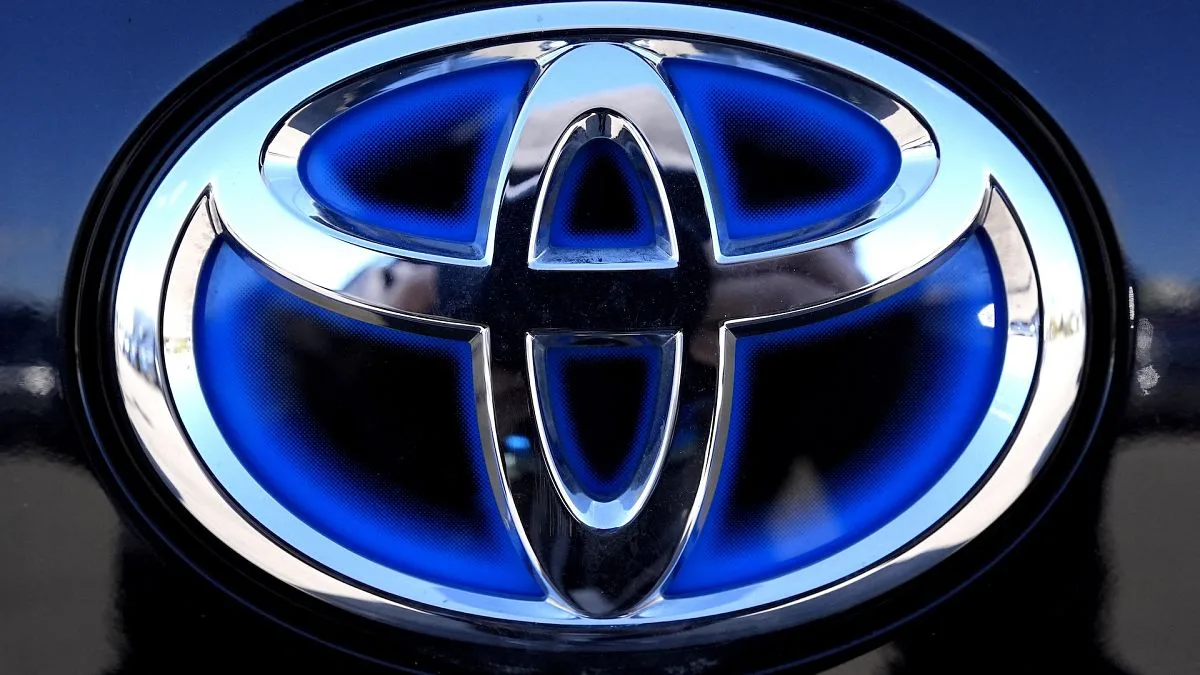In October, new car registrations within the EU saw a positive uptick, thanks to strong performances in Germany and Spain.
According to the latest report from the European Automobile Manufacturers’ Association (ACEA), new car registrations in the EU increased by 1.1% last month. This growth was largely driven by a significant rebound in Germany, where registrations jumped by 6% following three months of declining sales. Spain also showed promising figures, with a 7.2% rise in new car registrations. Conversely, Italy experienced a drop of 9.1%, and France saw an 11.1% decline.
Throughout the first ten months of the year, the EU recorded a modest 0.7% rise in new car registrations, totaling around 8.9 million units. During this same period, Italian new car registrations grew by 0.9%, and Spanish registrations surged by 4.9%. However, German registrations fell by 0.4%, and French registrations decreased by 2.7%.
Sigrid de Vries, the ACEA director general, noted in an email, “The latest year-to-date figures show a drop in market volume for battery electric vehicles (BEVs) of 4.9% and plug-in hybrids down by 7.9%. This underscores the urgent need to accelerate our efforts toward transitioning to zero-emission vehicles.”
De Vries further emphasized the necessity for concrete actions to boost consumer uptake and address challenges that are hindering the transition: “We need to tackle high energy prices, provide better incentives, enhance charging station availability, and improve power grid adequacy, as highlighted in a recent report.”
Decline in Battery Electric Vehicle Sales in 2024
In the first ten months of 2024, the EU witnessed a 4.9% decline in battery-electric vehicle (BEV) sales, primarily due to a staggering 26.6% decrease in registrations from Germany. Currently, BEVs account for approximately 14.4% of the market.
However, October did bring some good news, with battery-electric car registrations rising by 2.4%, reaching 124,907 units.
On the other hand, plug-in hybrid vehicle registrations fell by 7.9% over the same ten-month period, with particularly poor showings in Italy and France. Similarly, registrations for plug-in hybrids dropped by 7.2% in October, resulting in a decrease in their market share from 8.4% last year to 7.7% this October.
The demand for electric vehicles (EVs) has struggled over recent months, especially within the EU. This is largely due to the introduction of higher tariffs on Chinese electric vehicle manufacturers amid concerns regarding substantial government subsidies for these companies, making EVs from manufacturers like BYD, Geely, and SAIC considerably more expensive than their earlier prices. With European consumers facing rising living costs and climbing interest rates, hesitation towards purchasing EVs has become more pronounced.
The broader economic slowdown alongside increasing geopolitical uncertainties has further exacerbated this cautious consumer sentiment.
Photo credit & article inspired by: Euronews



